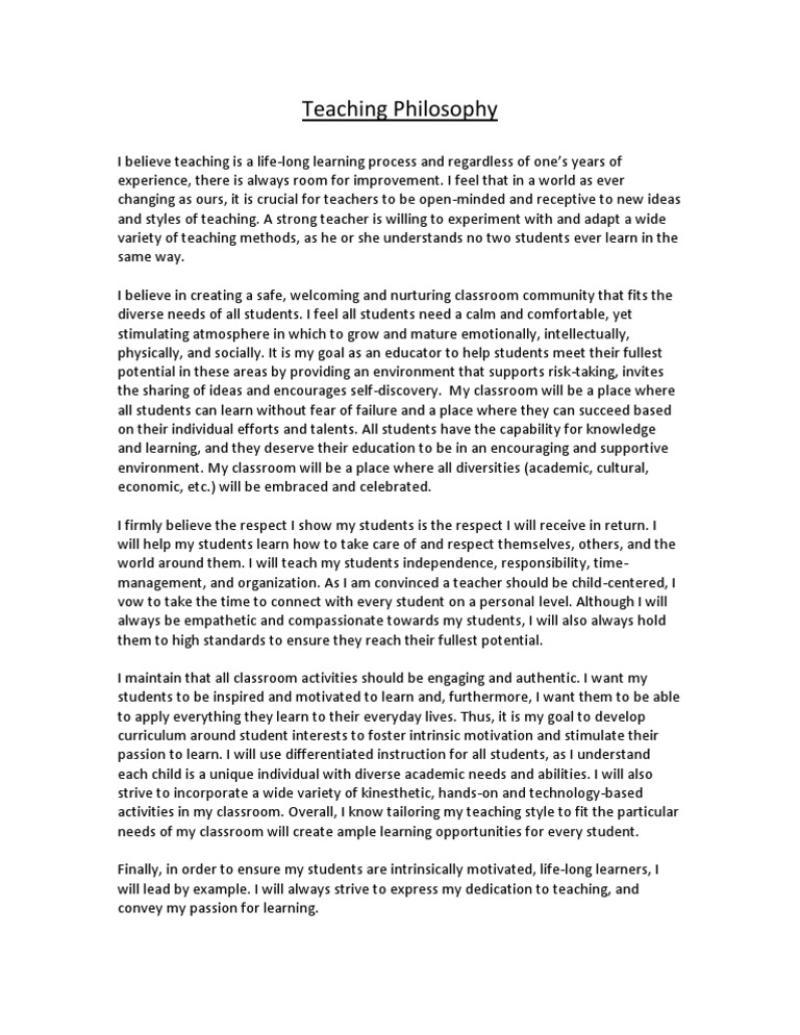How did my teaching philosophy begin to form?
The formation of a teaching philosophy is a personal and reflective process that often evolves over time through a combination of personal experiences, educational background, exposure to different teaching styles, and reflections on your own beliefs and values about education. Here are some common factors that contribute to the development of a teaching philosophy:
Educational Background:
- Your experiences as a student and your engagement with various educational environments play a crucial role. Your own experiences with teachers, teaching methods, and classroom dynamics can shape your beliefs about effective teaching.
Teaching and Learning Experiences:
- Your experiences as a teacher or tutor, whether formal or informal, contribute to the formation of your teaching philosophy. Direct involvement in facilitating learning allows you to experiment with different methods and observe their impact on student understanding.
Observation of Other Educators:
- Observing other educators, both in formal and informal settings, exposes you to different teaching styles, strategies, and philosophies. You might be inspired by effective practices or identify approaches you wish to avoid.
Professional Development:
- Participation in workshops, conferences, and other professional development opportunities can expose you to new educational theories, instructional methods, and pedagogical approaches. These experiences can contribute to the evolution of your teaching philosophy.
Reflection and Self-Analysis:
- Regular reflection on your teaching experiences is a critical aspect of developing a teaching philosophy. Questions such as "What worked well?," "What could be improved?," and "What are my core beliefs about education?" help refine your understanding of effective teaching.
Interactions with Students:
- Interactions with students, their feedback, and their unique learning styles can significantly influence your teaching philosophy. Understanding the diverse needs of students helps shape your approach to creating inclusive and effective learning environments.
Personal Values and Beliefs:
- Your personal values, beliefs, and worldview also contribute to your teaching philosophy. Considerations about the purpose of education, the role of the teacher, and the importance of fostering critical thinking and lifelong learning all stem from your underlying beliefs.
Cultural and Societal Influences:
- Cultural and societal factors can impact your teaching philosophy. Awareness of cultural diversity, social justice issues, and the broader educational landscape can shape your perspectives on inclusive and equitable education.
Feedback and Iteration:
- Receiving feedback from colleagues, mentors, and students can provide valuable insights into your teaching practices. It allows you to iterate and refine your philosophy based on practical experiences and the evolving needs of your students.
Research and Literature:
- Reading educational literature, research studies, and philosophical works on education can inform your perspective. Exposure to different educational theories and methodologies can expand your understanding of teaching and learning.
Your teaching philosophy is a dynamic and evolving document. It is shaped by your ongoing experiences, reflections, and openness to new ideas. It's common for educators to revisit and refine their teaching philosophy throughout their careers as they encounter new challenges, engage with diverse student populations, and continue to learn and grow as professionals.
How did my teaching philosophy begin to form, and what influenced its development?
Your teaching philosophy begins to form when you first start thinking about teaching as a career. You may have been inspired by a teacher you had in school, or you may have simply realized that you have a passion for helping others learn. As you gain more experience in teaching, your philosophy will continue to evolve as you reflect on your practice and learn from your students.
There are many factors that can influence the development of your teaching philosophy, including:
- Your own personal learning experiences. What worked well for you as a learner? What didn't work so well?
- Your beliefs about how people learn. Do you believe that learning is best done through direct instruction, hands-on activities, or a combination of both?
- Your values as a teacher. What is important to you in the classroom? Do you value creativity, critical thinking, collaboration, or something else?
- The context in which you teach. What are the needs of your students? What are the expectations of your school or district?
What personal and professional experiences contributed to the formation of an individual's teaching philosophy?
Both personal and professional experiences can contribute to the formation of an individual's teaching philosophy. For example, a personal experience of overcoming a learning challenge may lead a teacher to believe in the importance of perseverance and resilience. A professional experience of teaching a diverse group of students may lead a teacher to believe in the importance of differentiation and inclusion.
Here are some specific examples of personal and professional experiences that can influence the development of a teaching philosophy:
- Personal experiences:
- Overcoming a learning challenge
- Learning a new language or skill
- Traveling to a new country or culture
- Volunteering with a community organization
- Professional experiences:
- Teaching a diverse group of students
- Collaborating with other teachers
- Attending professional development workshops
- Reading educational research
Are there specific events or insights that shaped the evolution of a teaching philosophy?
Yes, there are often specific events or insights that shape the evolution of a teaching philosophy. For example, a teacher may have a conversation with a student that challenges their thinking about how to teach a particular concept. Or, a teacher may read a book or article about education that inspires them to try a new approach in the classroom.
Here are some examples of specific events or insights that can shape the evolution of a teaching philosophy:
- A conversation with a student that challenges the teacher's thinking
- A book or article about education that inspires the teacher to try a new approach
- A professional development workshop that teaches the teacher a new teaching strategy
- An observation of another teacher who is using an effective teaching practice
- A reflection on a teaching experience that went well or didn't go as planned
Your teaching philosophy is a living document that should continue to evolve as you learn and grow as a teacher. Be open to new ideas and experiences, and be willing to experiment with new approaches. The most important thing is to find a teaching philosophy that works for you and your students.













